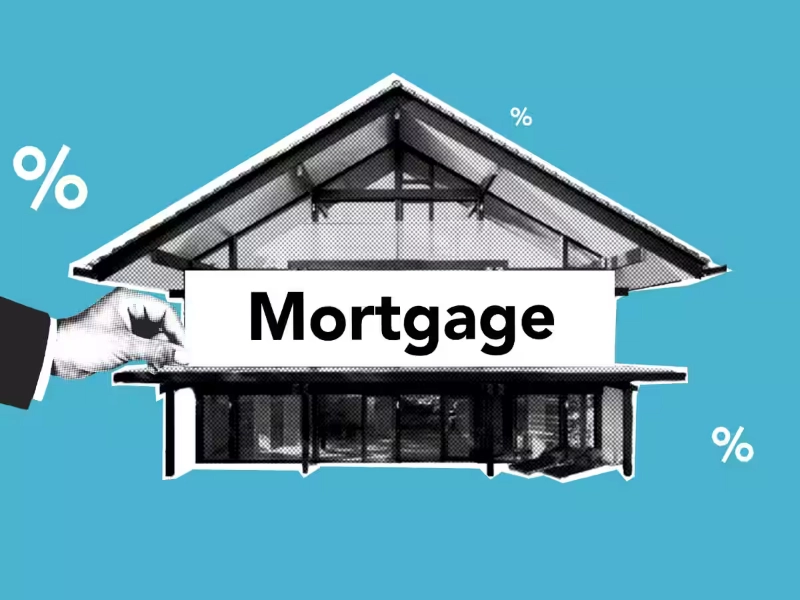Managing Your First House Loan: An Intuitive Guide
Obtaining a mortgage is a crucial step in the process of buying a property. It's frequently a drawn-out and complex process.
Sorting through your financial records should come first. This includes proof of any donations from family members you want to use as a down payment or for closing fees, as well as records of your debt payments.
Compare interest rates from several lenders. Within 45 days, a few mortgage inquiries won't lower your credit score.
1. Be aware of your spending.

Determining what kind of property you can afford depends on a number of things. Your gross income is taken into account by the lender together with any other debts you may have, like student and auto loan installments.
Typically, lenders will demand that you put down at least 20% of the total cost of your new house. There exist federal, state, and municipal programs that offer assistance to those who lack the funds necessary for a down payment.
Don't forget to account for all the expenses associated with being a homeowner, such as property taxes, mortgage insurance, and additional flood or homeowners insurance. These costs, which might differ depending on the area and type of mortgage, are normally paid each month through an escrow account. The price of utilities, upkeep, and any homeowner association (HOA) dues must also be taken into account. These can easily mount up. Use a budget calculator to see just how much you can afford.
2. Be aware of your lender.

A crucial step in the home loan application process is selecting the appropriate lender. To ascertain the lender's responsiveness and level of experience, you should consider reading through internet evaluations and client endorsements.
Lenders also consider your total net worth and your debt-to-income ratio. They will determine how much you actually have by deducting all of your outstanding debt payments, including the new mortgage, from your overall assets. They will also determine whether taking out a house loan would put you in hardship.
Having reliable sources of income is still another crucial component. Consistent sources of income such as commissions, salary, and retirement are preferred by lenders. But lenders will need to carefully consider your investment and might need more paperwork if you get a windfall from an inheritance or another source.
3. Obtain Prior Approval

A step in the home-buying process called mortgage preapproval lets sellers know you're a serious buyer. Knowing your mortgage budget in advance will help you save time and determine how much you can afford.
You can acquire a preliminary preapproval in a matter of minutes by entering your desired loan amount and other details online with the majority of major lenders. The lender must check your financial information as part of the more complex preapproval procedure, which could take up to ten days.
Your preapproval may be impacted if you switch banks or make any other big changes to your financial circumstances. Likewise, should you choose to increase your purchase price after receiving preapproval for a specific amount of a home loan, you would require final mortgage approval prior to closing. It's critical to collaborate closely with your mortgage lender to make sure all standards are met. By doing this, you can avoid any mortgage process delays and maintain the timeliness of your closing.
4. Present Your Offer

To buy a house, you will need to take out a mortgage, also known as a home loan, unless you have enough saved up to pay for it all in cash. Although it might be a daunting procedure, following these pointers can help make it more doable.
Your lender evaluates your financial data during the prequalification phase to determine the maximum amount of credit it can offer you. This estimate could alter later, so it's not a guarantee that I will lend you that much.
Your down payment is a crucial component that influences the amount of your mortgage, the interest rate, and the total cost of the loan. It's crucial to save as much money as you can, so think about opening a savings account that receives a monthly automatic payment. Government initiatives that provide first-time buyers with low- or no-down payment options should also be taken into account.








